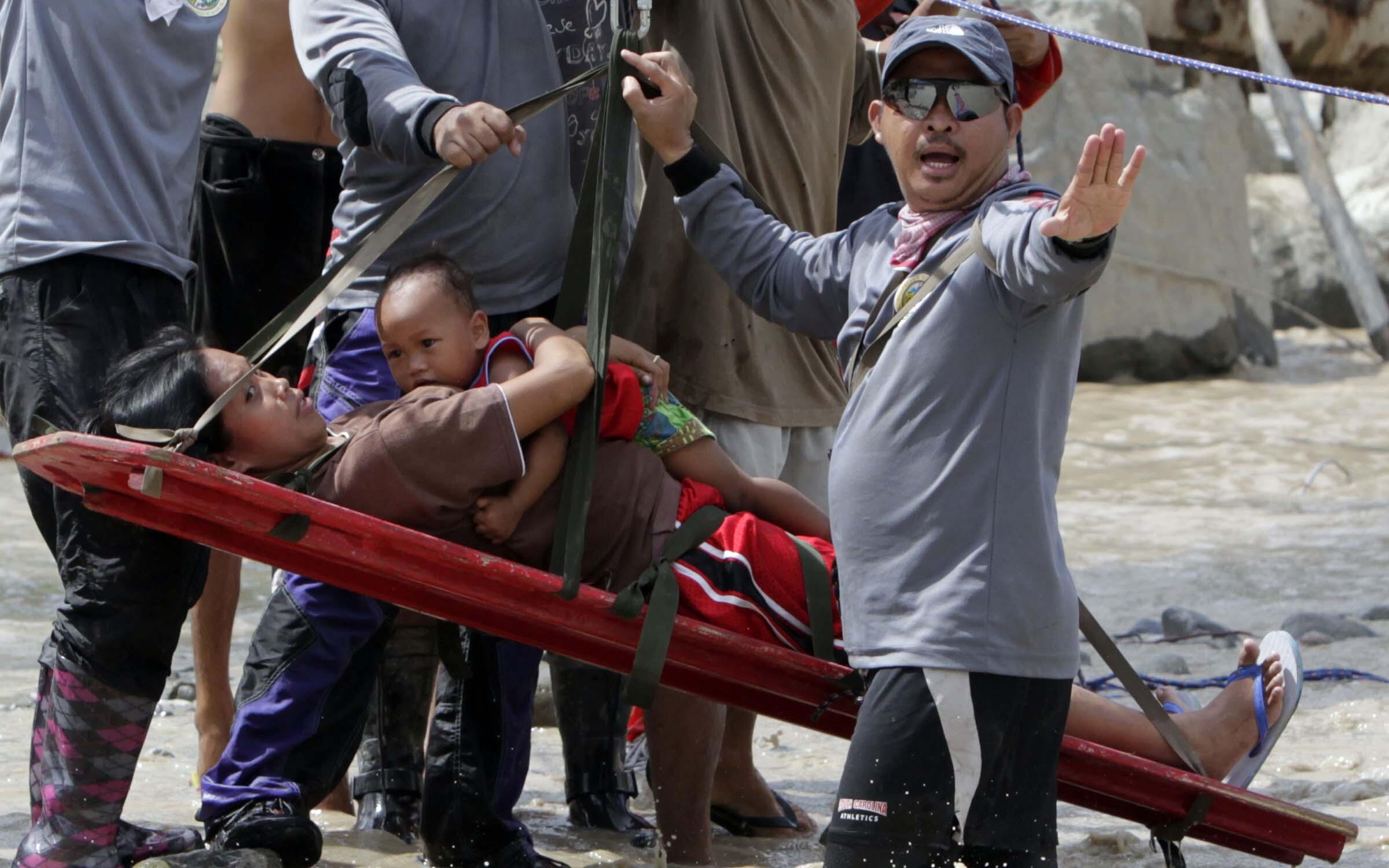MANILA—In the aftermath of super typhoon Bopha, which devastated a southern Philippines region last week, UNFPA the United Nations Population Fund, is mobilizing its partners to conduct medical missions and provide health information sessions in the two hardest-hit provinces. The Fund estimates that close to $682,000 will be needed to provide continuous access to reproductive health services, including prevention of gender-based violence, for more than half a million survivors.
Of that amount, $475,000 will support government efforts to integrate emergency reproductive health services into the primary health care for affected communities in Compostela Valley and Davao Oriental provinces. Some $200,000 will be allocated to prevent gender-based violence in the camps and respond to violence cases with psychosocial, medical and legal services.
Government data, as of 9 December, show that some 134,000 of the more than 5 million people affected by the storm (known locally as Pablo) are still temporarily sheltered in 172 evacuation centers in the worst-affected provinces, mostly in Davao Region (Region XI).
Initial assessment showed that thousands of houses, school buildings and government structures, including health facilities, were totally destroyed. Access to safe drinking water is lacking due to ruined water systems. Mudslides and landslides have also rendered major roads impassable, making it more difficult to deliver relief supplies to the affected areas.
The situation in most evacuation centers so far is described as chaotic. Many displaced people have opted to leave overcrowded evacuation centers in the past few days and set up makeshift shelters along the roads. Electricity remains suspended in most areas.
Private doctors are conducting medical missions in some evacuation centres, but these are mostly for general medical care. There are no specific medical services for pregnant and lactating women. Privacy, hygiene and availability of basic services are also among the concerns in evacuation centres that could lead to protection risks.
The UNFPA-supported medical missions in Compostela Valley and Davao Oriental will focus on reproductive health. Trained youth volunteers will also be deployed for the listing of pregnant and lactating women. Reproductive health kits, including hygiene kits, have been pre-positioned and are ready for distribution. The two provinces have also requested assistance in activating humanitarian assistance measures for the prevention of gender-based violence.
For more information, please contact Arlene Calagulan Alano, aalano@unfpa.org, tel. (+63-2) 901 0306, mobile (+63) 917 515 3559.


